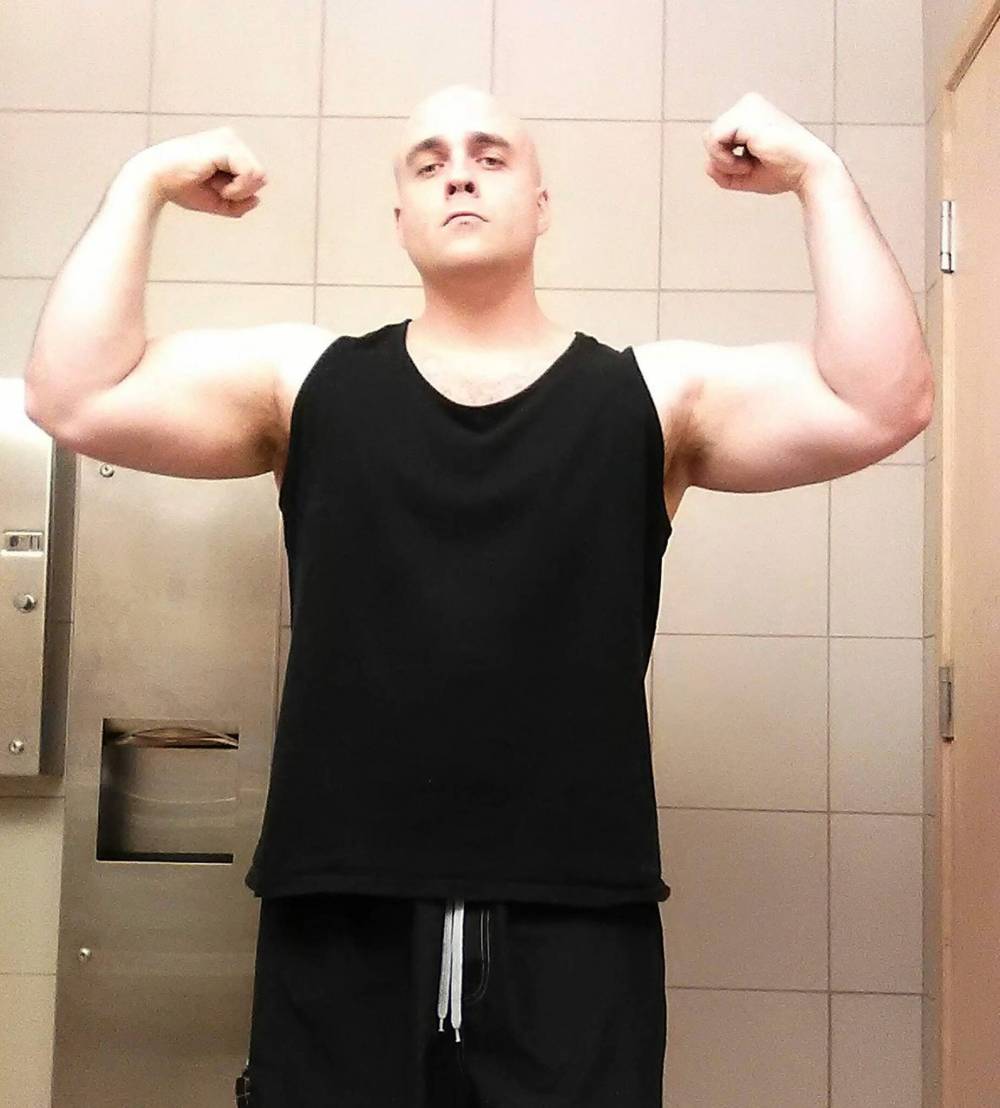Mountain of Skibicki news coverage has irreparably biased jurors, U.S. researcher tells trial judge
Read this article for free:
or
Already have an account? Log in here »
To continue reading, please subscribe:
Monthly Digital Subscription
$19 $0 for the first 4 weeks*
- Enjoy unlimited reading on winnipegfreepress.com
- Read the E-Edition, our digital replica newspaper
- Access News Break, our award-winning app
- Play interactive puzzles
*No charge for 4 weeks then billed as $19 every four weeks (new subscribers and qualified returning subscribers only). Cancel anytime.
Read unlimited articles for free today:
or
Already have an account? Log in here »
Extensive pre-trial media coverage in the case of accused serial killer Jeremy Skibicki has biased the jury pool beyond the court’s ability to correct the damage, a judge was told Tuesday.
“We know that when (jurors) have been exposed to a certain amount of pre-trial publicity, even for a well-intentioned juror it is going to be very, very difficult for them to (remain unbiased),” testified Florida University psychology professor Dr. Christine Ruva, who has extensively researched the area of juror bias and its impact on jury decision-making. “It’s unconscious and out of their control.”
Skibicki, 37, has pleaded not guilty to four counts of first-degree murder in the May 2022 slayings of three Indigenous women — Morgan Harris, Rebecca Contois and Marcedes Myran — as well as a fourth as-of-yet unidentified woman killed in March 2022, who Indigenous leaders have given the name Mashkode Bizhiki’ikwe, or Buffalo Woman.
A trial jury was selected last week and is set to begin hearing evidence May 8.
FACEBOOK Jeremy Skibicki has pleaded not guilty to four counts of first-degree murder.
In a last-minute motion, Skibicki’s lawyers are arguing he should be tried by a judge alone, alleging prior media attention in the case has left jurors irreparably tainted by bias.
They’re pointing to a defence-commissioned poll to back up their claim.
The motion is being heard by the trial judge, King’s Bench Justice Glenn Joyal.
Of 906 people polled last February, 73 per cent of respondents who were aware of the case said they had a negative impression of Skibicki and 61 per cent said they had an opinion as to his guilt. Of those who said they had an opinion whether he was guilty or not guilty, 90 per cent expressed the opinion he was guilty.
Ruva, who formulated the poll with Skibicki’s defence team, said she was aware of 405 news stories about the case as of Monday, many of which included descriptions of Skibicki’s alleged character, emotionally charged interviews with his alleged victims’ families and extensive coverage of protests calling for a search of local landfills for victims’ remains.
“It doesn’t take a lot to bias jurors,” Ruva said. “The difference between five and 10 (news) articles, one study found that to have a large impact.”
“It doesn’t take a lot to bias jurors.”–Dr. Christine Ruva
Studies show once a juror is tainted by bias, trial evidence will have little impact in swaying their opinion, she said.
“When they come to court with a bias favouring one side or the other, they don’t need the facts,” she said. “They are going to interpret the facts based on their pre-decision, based on what they believe to be true.”
Once deliberations begin, it is typically the biased jurors who influence the unbiased jurors, not the other way around, Ruva said.
“What we find is there is contamination,” she said. “The jurors who have heard about the case contaminate the jurors who haven’t, so they become tainted.”
Repeated descriptions of Skibicki in advance of the trial as “an alleged serial killer,” and allegations of prior misogyny and ties to the white supremacy movement is “highly biasing,” Ruva said.
“We know the credibility of a defendant and whether or not jurors like the defendant can impact how they interpret trial evidence,” she said. “That can impact the credibility of not only the defendant, but the defence team.”
Of the 14 jurors selected last week for Skibicki’s trial, nine said they were previously aware of the case and five said they were not. King’s Bench Justice Rick Saull cautioned jurors abut the presence of unconscious biases, saying they could be overcome.
People are largely unaware of their biases and it’s not enough for a judge to tell jurors to set them aside, Ruva said.
“So the solution is what?” Joyal asked. “Get rid of jury trials in high-profile cases?”
Ruva said one option is moving the trial to a different jurisdiction. Another is to accept only jurors who have no prior knowledge of a case.
“We need to go about (jury selection) it in a different way and in a way that you don’t seek to remedy (bias), you seek to eliminate it,” she said.
Prosecutor Chris Vanderhooft challenged Ruva’s testimony, saying her research depended largely on mock trials and scenarios and that she had no experience with the Canadian legal system, which places far greater restrictions on the release of public information in advance of trials.
Vanderhooft said there is ample evidence of Canadian juries acquitting accused persons in high-profile cases, and pointed to the acquittal of Raymond Cormier in the 2014 murder of 15-year-old Tina Fontaine.
“That case was significantly high-profile and sparked calls for a national inquiry,” Vanderhooft said.
“The point is… in Canada, juries acquit all the time,” he said. “Even when there is significant pre-trial publicity, not everybody is found guilty.”
The hearing resumes Wednesday.
dean.pritchard@freepress.mb.ca

Dean Pritchard
Courts reporter
Someone once said a journalist is just a reporter in a good suit. Dean Pritchard doesn’t own a good suit. But he knows a good lawsuit.
Our newsroom depends on a growing audience of readers to power our journalism. If you are not a paid reader, please consider becoming a subscriber.
Our newsroom depends on its audience of readers to power our journalism. Thank you for your support.









